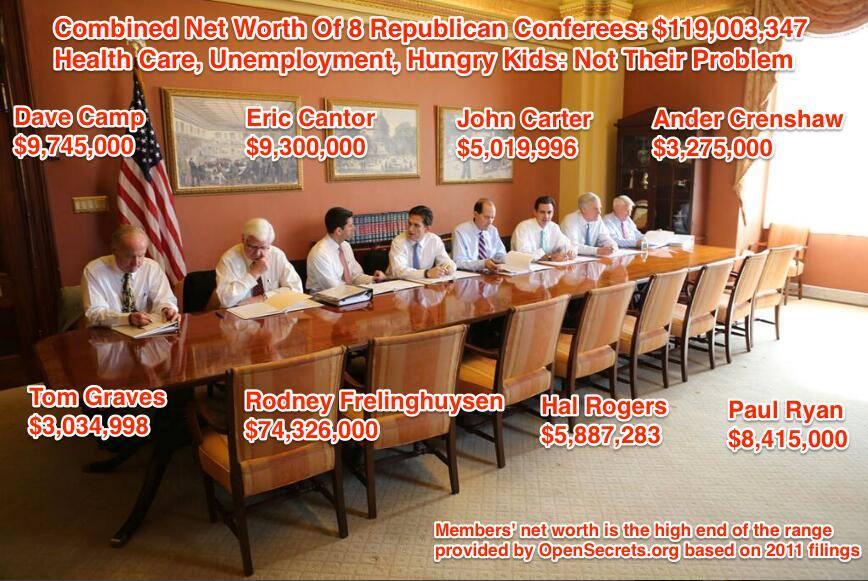Tom Clancy, a writer who was as famed for what Stephen King called his "monster advances" as his wildly popular thrillers, including The Hunt for Red October and Patriot Games, has died in hospital in Baltimore at the age of 66.
The author of 17 New York Times bestsellers was launched on his career by the then US president Ronald Reagan.
The Hunt for Red October, his first novel, had been bought for a lowly $5,000 by the Naval Institute Press. When Reagan pronounced it "the perfect yarn" in 1984, Clancy, then a Maryland insurance agent, was propelled into a hugely successful writing career.
In 1996 he returned the compliment by dedicating his book Executive Orders "To Ronald Wilson Reagan, 40th president of the United States: the man who won the war." A lifelong Republican, Clancy dedicated several of his other novels to conservative politicians.
Recalling the story in 2002, he told an interviewer: "President Reagan, despite all the nasty things people used to say about him, was actually a big reader, and he read the book during his tenure at the White House, and he liked it, and he talked it up and Time magazine found out and … did an article about it, and I became a bestselling author." He added: "I mean, I would have done so anyway in all likelihood." Forbes magazine estimated his yearly earnings for 2007-08 at $35m.
The Hunt for Red October introduced his most famous character, Jack Ryan, a CIA agent who becomes president. Ryan has been portrayed by Alec Baldwin, Harrison Ford and Ben Affleck respectively in films including Patriot Games, Clear and Present Danger and The Sum of All Fears. A new Jack Ryan film, Shadow One, directed by Kenneth Branagh and starring Chris Pine, is planned for release later this year. Clancy described the heroic Ryan as a version of himself – "an improved version, because he never had to get his eyes fixed by an ophthalmologist and all that stuff that I've had to do". He also introduced a new character, Ryan's son Jack Ryan Jr, who operates as a covert, off-the-books agent.
His early novels were marinated in the cold war, but he also tackled terrorism and his 1994 novel Debt of Honor was eerily prescient: it features a scene in which a jingoistic Japanese industrialist, bent on bringing America to its knees, crashes a Boeing 747 jet into the US Capitol dome during an address, killing the president and most of Congress. In 2003, Clancy said: "Osama bin Laden has never sent me any fan mail, and I haven't really sold that many books in Afghanistan … If I could predict the future, I'd be down on Wall Street."
Though he had no military or espionage experience, he managed to sound absolutely authentic, making himself an expert on military hardware and tactics. He was often invited to lecture to military audiences and counted high-ranking US army and security services personnel among his friends; he was frequently consulted as a pundit on US military affairs. When asked about his research, he said: "I read the papers, watch CNN and think … It's all in the open. You just have to know where to look." He kept an M4A1 tank on his lawn, and had a shooting range in his basement.
Clancy was one of the pioneers of the notion of author as brand. Alongside the thrillers he wrote – including Command Authority, the 13th Jack Ryan novel, which is published in December – he also sold his intellectual property rights for an estimated £100m to a videogame company and had his name attached to a number of novel series written by other authors. He also wrote various works of non-fiction, some of them co-authored, on military matters, such as his 1993 Submarine: A Guided Tour Inside a Nuclear Warship.
Though his novels sold in their millions, he was no stylist. Reviewing his 2002 novel Red Rabbit in the Guardian, John Sutherland wrote: "Tom Clancy is not, by conventional literary-critical criteria, a great novelist. But he is, without question, the novelist with the biggest ideological clout currently active."
Clancy's attitude to literature was businesslike. "Writers' block," he said, "is just an official term for being lazy and the way to get through it is work."
















